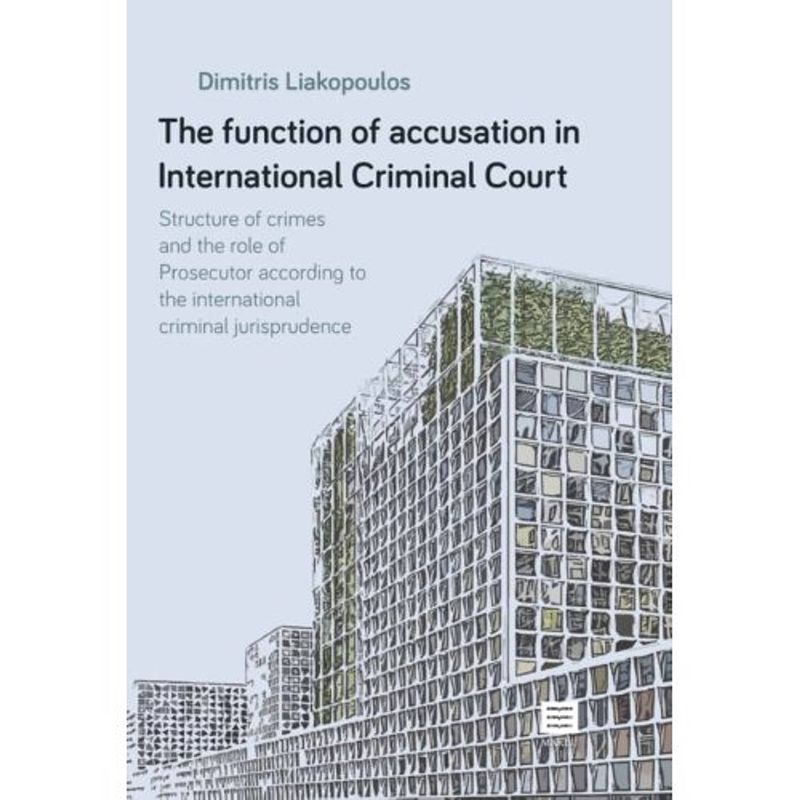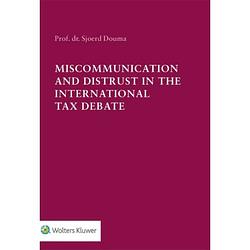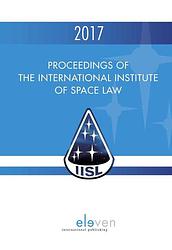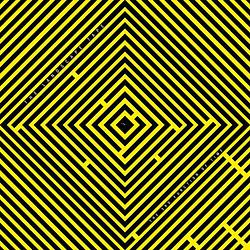The Function Of Accusation In International
Product informatie
€ 55,00
0 van de 5 sterren
0 reviews

Koop het product
Koop het product
The present survey aims to analyze the issue of the indictment function in the process before the International Criminal Court which integrates a peculiar justice system, result of the complex interaction between the juridical tradition of civil law and the juridical tradition of common law. The prosecution function is entrusted to a Prosecutor who is conceived as a hybrid figure. It is an organ that not only performs its functions in the context of a system in which the principle of opportune penal action applies, but which also operates on a level that can be defined to some extent as political, since he has to move in an international chessboard and being called to also have diplomatic relations with states and international institutions. The discussion (Chapter 3 and 4) proposes a non-new theme, such as that of the structure of the crime in the tripartite system, and yet almost transfigured by the impact with international criminal law, which opens up unexpected and unpredictable scenarios, forcing the international criminal law to renounce and change: on the first , the abandonment of any systematic ambition is found, on the basis of the finding that the need for justice, the matrix of international criminal law, can not be enough to establish a system of crime, because the axiological assumptions are not easily convertible into incriminating norms. From the sequential treatment of typicality, anti-juridicality and guilt, in the complexity of the international dimension, only one certainty emerges. The contextual element, differently depending on the type of international crime in which it is inserted, is the discrimen regarding the common crime, and is impregnated with the marked depreciation of the Makrokriminalität. Chapter 5 is concentrated on some thoughts and perspectives of universalism and particularism coexist in the same historical moment and within the same juridical system, so as to underline a sort of internal dialectic in which universalism and particularism are in a necessarily mobile if not unstable equilibrium. And it is easy to understand how the positive right is naturally brought to privilege this second perspective without obviously neglecting the key offered by history to become aware of the deeper meaning of these two categories especially according, rectius under international criminal justice. Dimitris Liakopoulos is Full Professor of European Union Law at the Fletcher School-Tufts University (MA in international law and MA of Arts in Law and diplomacy) and Full Professor of International and European Criminal and Procedural Law at De Haagse Hogeschool-The Hague. Attorney at Law at New York and Brussels. ORCID ID: 0000-0002-1048-6468.
| Merk | Paagman |
| Categorie | Studieboeken |
| EAN | 9789046609729 |





